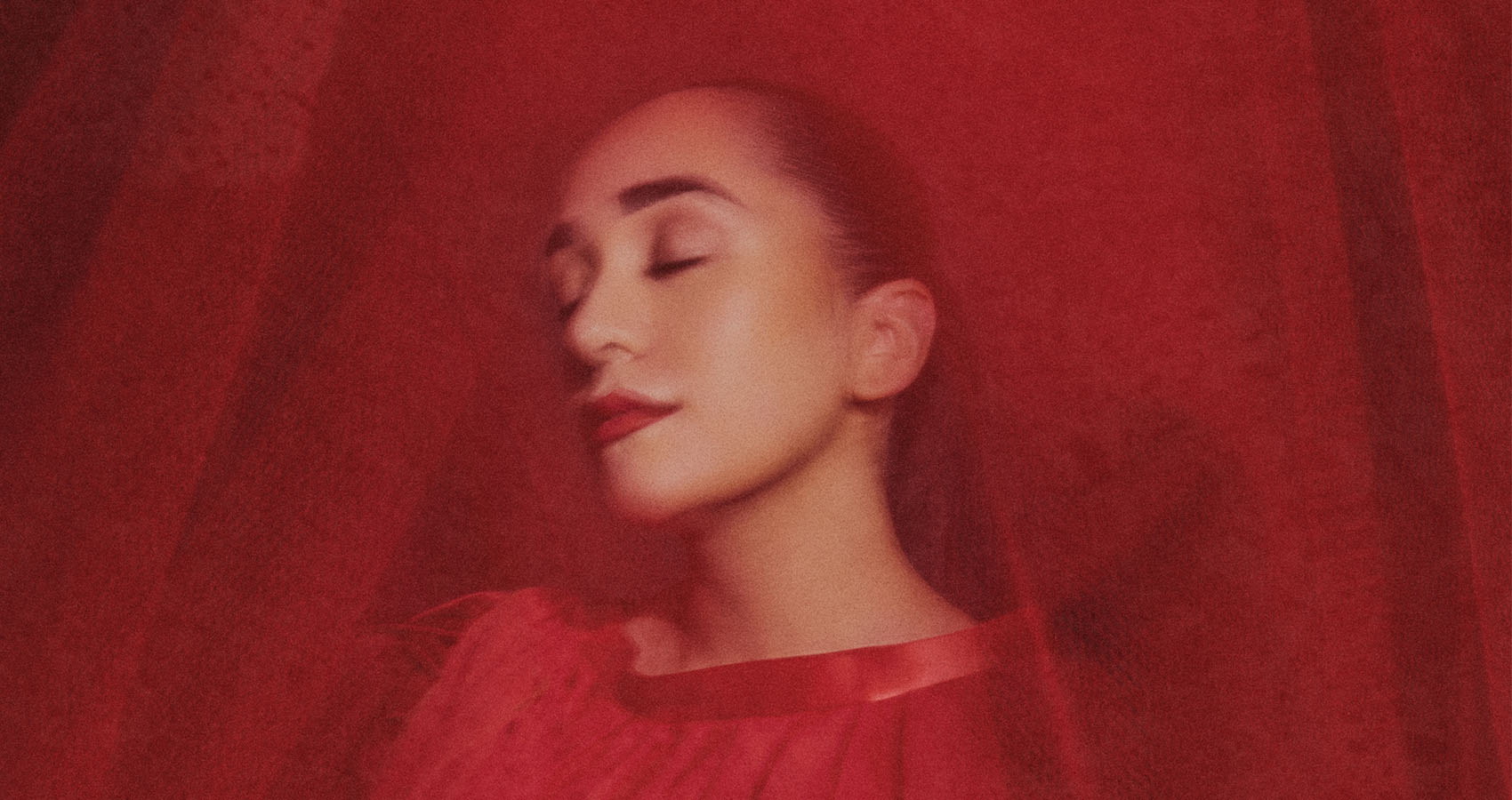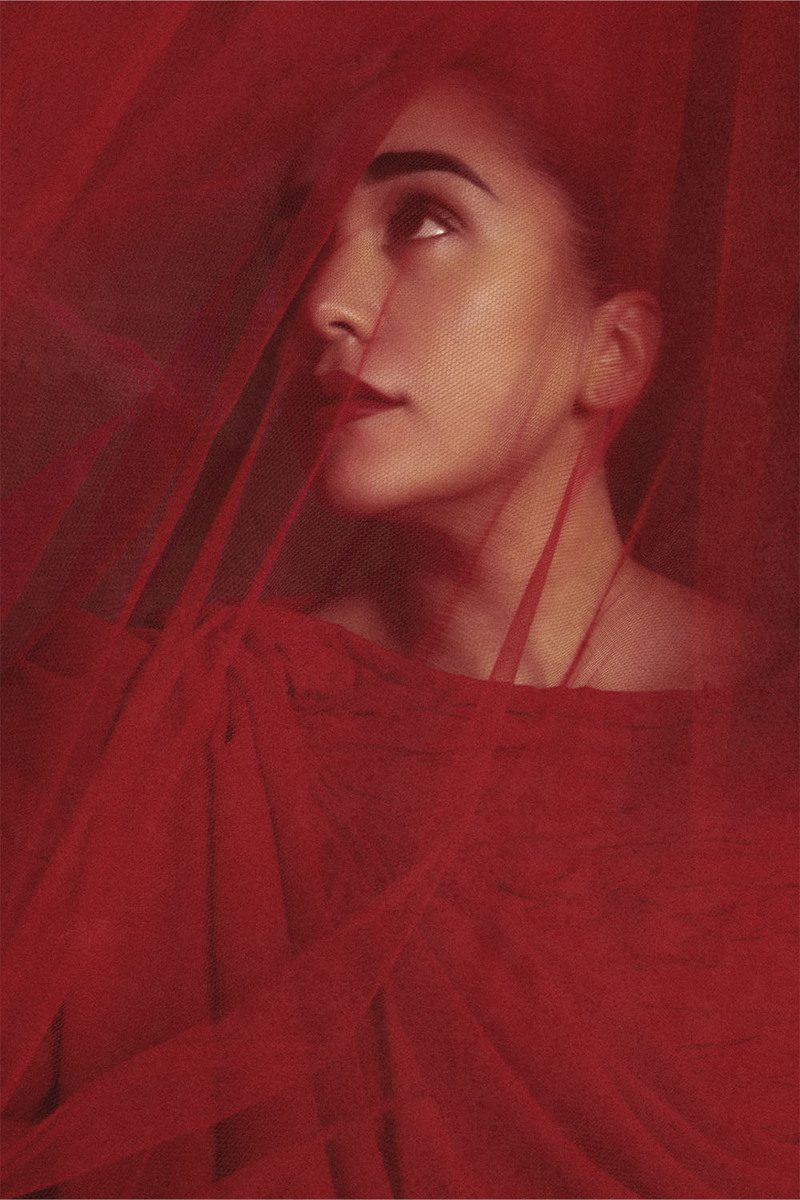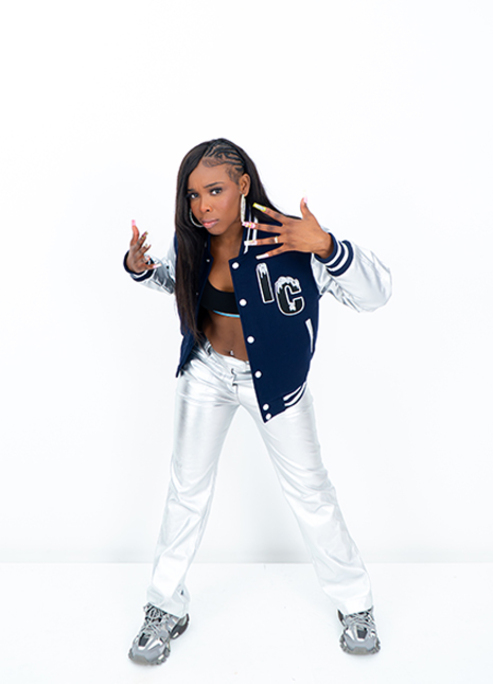
Delara, the Artist Behind Shahrazad, Unveils Her Musical Journey Rooted in Iranian Inspiration
'Self-expression and personal stories' are at the heart of her debut album.
Delara, the visionary artist behind "Shahrazad," opens up about her musical journey, drawing inspiration from her Iranian roots, and championing authenticity in her powerful compositions. Join us as we delve into her remarkable journey of self-expression and storytelling through music.
Congratulations on the release of your debut album, "Shahrazad." Can you tell us what inspired you to choose this title and how it relates to the album's theme?
Thank you so much! I chose Shahrazad as she is a fictional character who has played an important part in my journey as a storyteller and musician. The trust that she has in herself and her storytelling, and the power it has to save her own life and the lives of all the women in the Kingdom she lived in, made me realize that I have to trust my gut feeling and heart when it comes to creating music, and telling people what I want to tell unapologetically.

You've had the opportunity to share the stage with artists like Dua Lipa, Khalid, and Kali Uchis. What have you learned from these experiences, and how have they influenced your music?
I have learned that anything is possible! You can create music with political messages or with the Persian language in it and still make it to the big stages.
"Shahrazad" is a collection of deeply personal and emotional songs. Can you share with us a bit about the common thread that ties the album together and what listeners can expect from it?
The common thread is me, an Iranian Norwegian woman, and my personal experiences as a human being. The songs are all from different times in my life that have defined me. You can expect different sounds even though it all has a common thread.
You've described your music as a vehicle for self-expression. How do you hope your music encourages your listeners to live authentically and stand up for what they love, even in the face of adversity?
I just think when people hear a song that resonates with their own experiences and feelings, it can encourage them to be more authentic and open about their emotions and opinions.
Your journey in the music industry has been remarkable. How do you feel you've adapted and evolved to reach this point in your career, and what have been the most significant challenges you've faced along the way?
I'm just always trying to move with an open heart and be open to new things, I think that's the key to adapting and evolving. When it comes to challenges I have faced I honestly don't think too much about them, I just keep looking forward. I think the most significant challenge I can think of that I experience is the consequences of being an artist that speaks her mind. I have had doors and opportunities closed on me because I have stood for something simple as human rights. But I'd rather live a life where I can look back and be proud of standing up for something than bend to everyone and everything because it was an easy way to earn money or climb the ladder.
Can you tell us more about your complex relationship with your Iranian heritage and how it has influenced your music and your stance on pressing social issues?
When I was very young I used to be embarrassed of my Iranian heritage, because as a Middle Eastern girl in a Scandinavian society, I somehow believed that I had to be like everyone around me to be good enough. But as I grew older I learned to find pride and beauty in my Iranian culture, and I also started to find a love for Persian poetry which has influenced my music and writing to the extent that I am actually singing in Farsi in some of my songs on my debut album.
"Shahrazad" includes fan-favorite tracks like "Unbound" and "Kalash" featuring Beam. Can you share the story behind these songs and what they mean to you?
Unbound is a very introspective, existential track and reflects a lot of thoughts and feelings I am going through in my 20s. It is about becoming familiar with the transience of life and that the people we love, will one day be gone. And that as beautiful as the human experience can be, I find comfort in knowing that those we hold most dear will never truly leave us. Their presence will echo in our words, gestures, values, and how we see the world. They will always be a part of us, cause they shaped the very core of us.
Kalash is a celebration of big dreams and ambitions. It’s about allowing yourself to be free in your dreams, and to dream about the unreachable. And the risks and sacrifices we make to live a life where we continuously try to follow the voice in our hearts. Both these songs have a big meaning to me as I feel like they together describe me well as a person. They are like two of the strongest poles of my personality. You have the very emotional and introspective part of me that always reflects and analyzes everything. Then you have the ambitious, go-getter, dream BIG, and be delusional as fuck part of me that gets to shine in "Kalash", that my friend BEAM blessed with his amazing energy.
As an artist, you've received acclaim from various publications. How do you deal with both the recognition and the pressure that comes with it in your career?
I just try to take life all day by day, and be aware of the responsibility I have as a human being, the bigger my platform gets.
What's next for Delara? Can you give us a sneak peek into your future projects and what you're looking forward to in the coming months?
There are definitely a lot of exciting gigs and events happening abroad in 2024. I know I will be touring a lot in Norway this summer which I am looking so much forward to, because my favorite thing is connecting with my listeners in real life. But for now, I think we should take time and listen to the Shahrazad album that I have worked on for a whole year before we start talking about future projects haha.
Connect with Delara on Instagram @amandadelara











